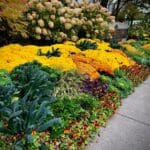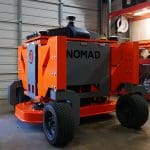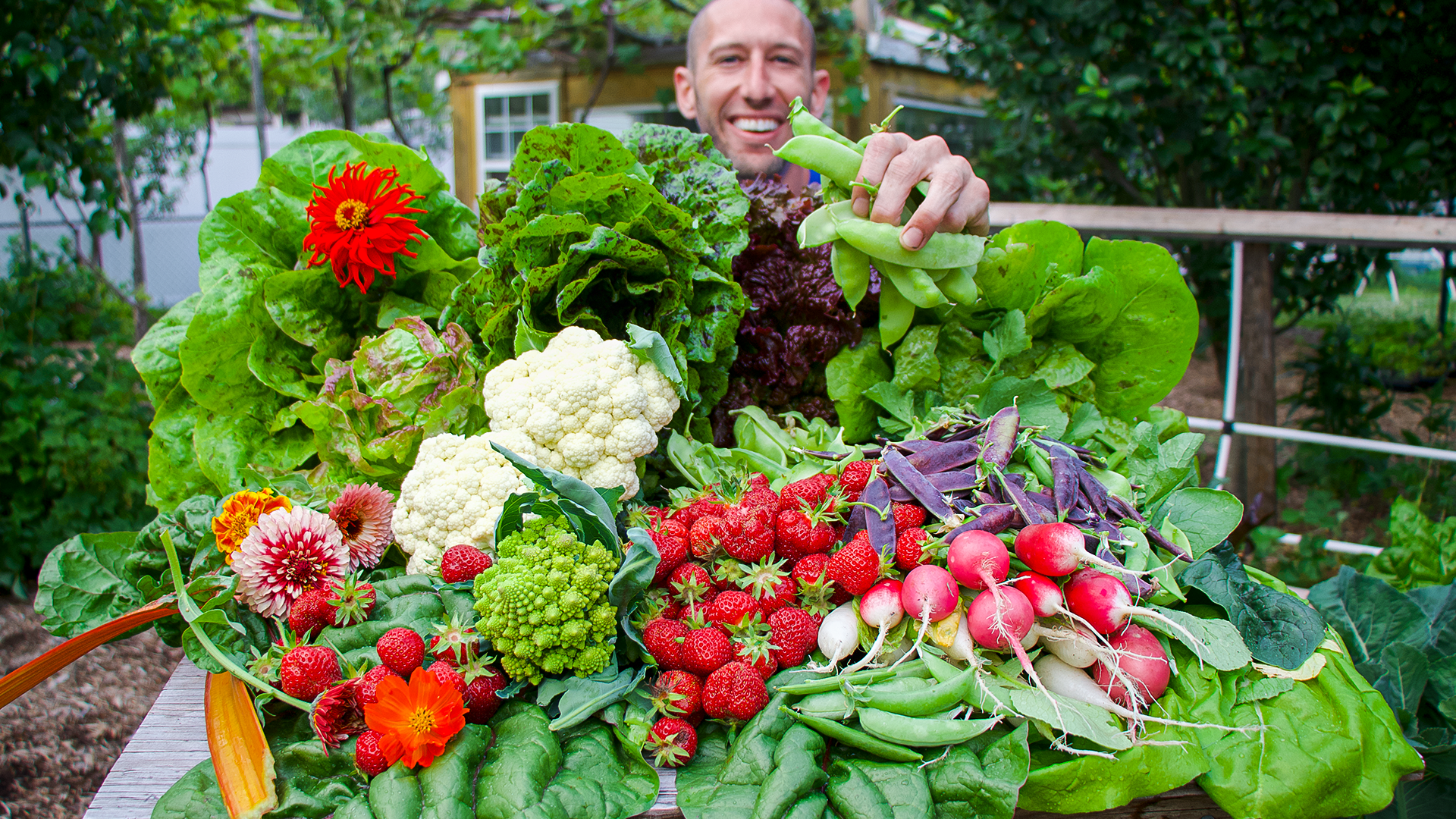
With rising grocery prices, it’s no wonder edible gardens are experiencing a boost in popularity. You can take advantage of this trend by helping your clients install and care for their own edible gardens.
“if you’re already taking care of somebody’s lawn, and or doing mulch and pruning of hedges, you can offer an additional service that could bring you back to the property more times throughout the year so it’s good for business,” says Michael Sheehan, business manager for Team Grow.us
Key to Success
If you want to offer edible gardening services to your clients, Sheehan stresses you need to be knowledgeable on the topic to prevent clients from experiencing the various challenges the niche presents.
“I encourage people to learn more about growing their own food and helping others grow their own food,” Sheehan says. “It’s very rewarding.”
Depending on the level of service you are providing for the client, it’s crucial they understand what they need to do to make the garden as fruitful as possible.
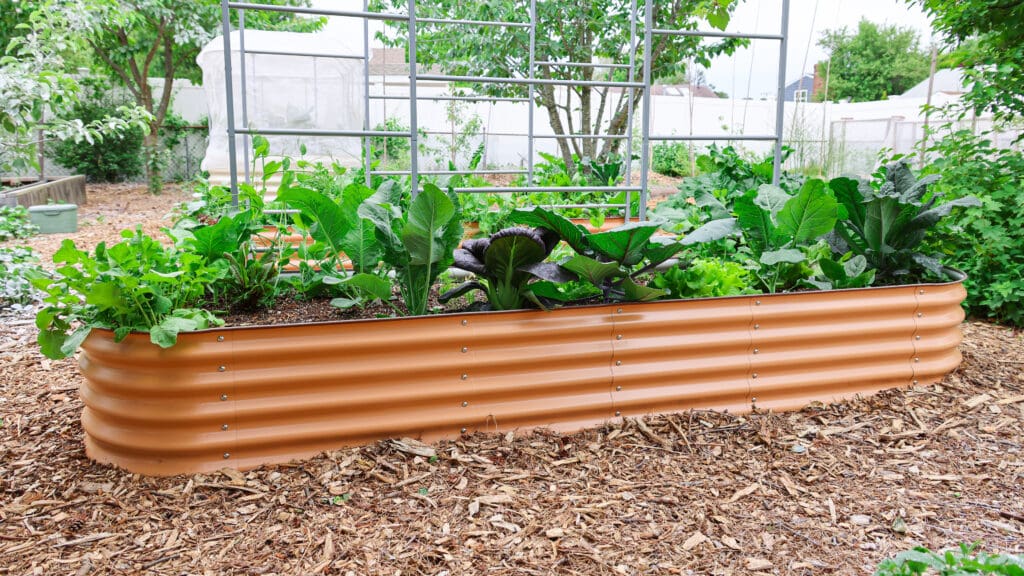
“For landscape professionals to really find success with their clients, I’d say that the key factor is preparation with the client, making sure that the client understands their role and responsibility in their garden,” says Sheehan.
Sheehan says that in addition to covering each party’s roles and responsibilities, your clients should be aware of some of the risks associated with an edible garden.
“Preface that there are potentially animals and issues that can arise, so we’re just going to take care of those as soon as we become aware of that,” Sheehan says. “The key is just making sure that they understand that if they see a groundhog in the garden, they should probably let them know and then there are things they can do to prevent animals, whether it’s a fence or cover of some sort.”
He says while ideally an edible garden will provide delicious food for homeowners in their backyard, things might not always go as planned so it’s important they understand certain elements are beyond your company’s control.
If your clients are looking to dip their toes in the edible gardening world, suggest quick-growing crops like lettuce and other leafy greens like arugula. Tomatoes are another popular beginner plant to start with. Sheehan says these types of vegetables can be some easy wins. He also encourages planting disease-resistant varieties.
Sheehan says a common mistake with edible gardening is not planting the right varieties. Pay attention to the climate the plants will tolerate. He also advises those in northern climates to be patient and not plant things too early in the spring.
Sheehan says edible plants that are more challenging to cultivate will depend on your exact conditions. He notes that fruiting crops like peaches, plums and apples can be more difficult due to the time it takes to grow them and dealing with hungry insects and animals.
One practice Sheehan encourages is companion planting as it helps you get more out of the given space. They can also attract pollinators and other beneficial insects.
“Every edible garden relies on pollinators,” Sheehan says. “So having flowers in the garden is a great reason to include them just to bring pollinators and encourage more fruit production that way.”
Maintenance Practices
The type of maintenance an edible garden requires will vary greatly depending on the plants your client has selected.
“I’d say once a week, even once a month, you can do a lot of care for a garden with that frequency,” Sheehan says. “I think it depends on what’s being planted and also how much of the work that the customer is expecting you to do. There’s a lot of the garden care, the responsibility, can go back to the homeowner.”
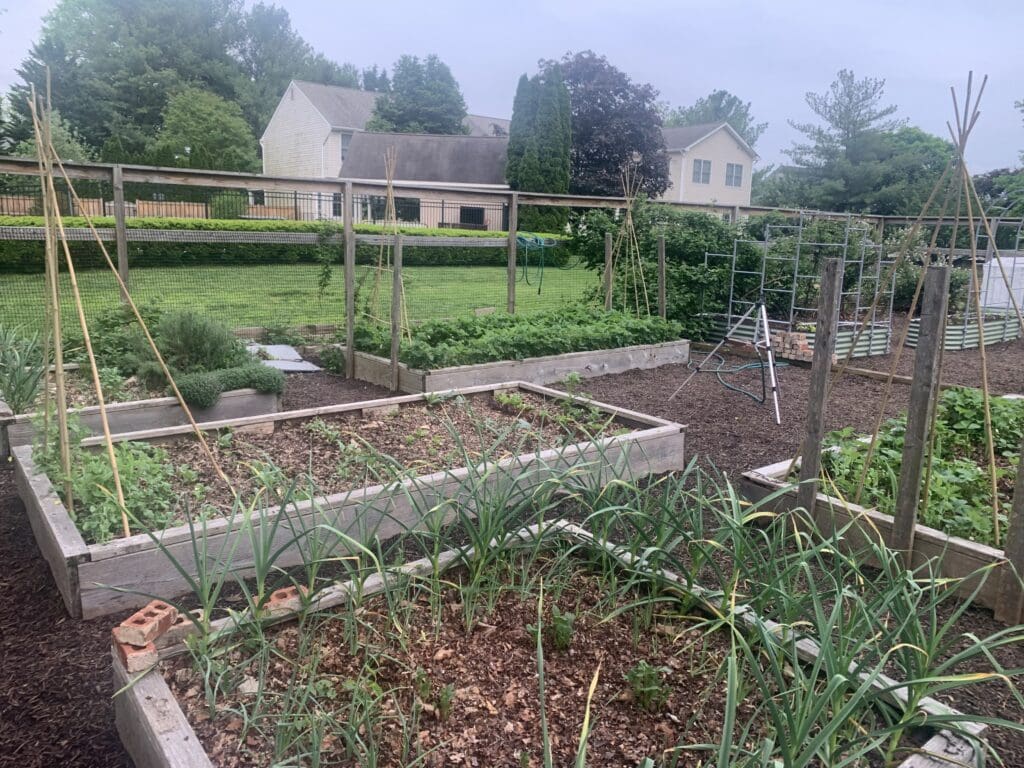
One task you have to decide if you want to get involved with is harvesting. Sheehan says in most cases, clients enjoy getting to pick the fruits of the garden. However, if you have some requesting your team handle this as well, you have to determine if it is worth the crew’s time.
For perennial plants, like fruit trees or bushes, pruning should take place at the start of the season.
Sheehan says with annual crops, the garden beds should be prepared by amending the soil and removing any debris that has collected over the winter. After planting or sowing the seeds, most of the maintenance revolves around harvesting or replanting to get the most out of the space. These tasks can be left to the homeowner or your company, depending on their preference.
“In the fall, once things are starting to cool down and there’s a frost, then the garden is typically needs to just be cleaned up and get prepped and ready for the next year,” Sheehan says. “Then, depending on the client’s wants, you can also do pest management organically, so that would be something else that they could consider if necessary throughout the season.”
When controlling pests, it comes down to a mixture of proactive practices and organic products that deter them.
“Some of the things that work very well that I’m aware of, for example, is for controlling things like white fly or cabbage worms for brassica plants, which would include broccoli, cabbage, cauliflower,” Sheehan says. “There’s an effective product out there called Bt (Bacillus thuringiensis). It’s a bacteria and it naturally occurs in the soil and gut microbiomes, but for the insects that would get exposed to it, it disrupts their gut microbes and basically deters them effectively.”
Neem oil mixed with dish soap and water is another product Sheehan says can be applied to discourage insects.
Make it clear to your clients that they need to say something if they see any issues with their edible garden. They are the ones there on a daily basis, so they can help you nip problems in the bud.


